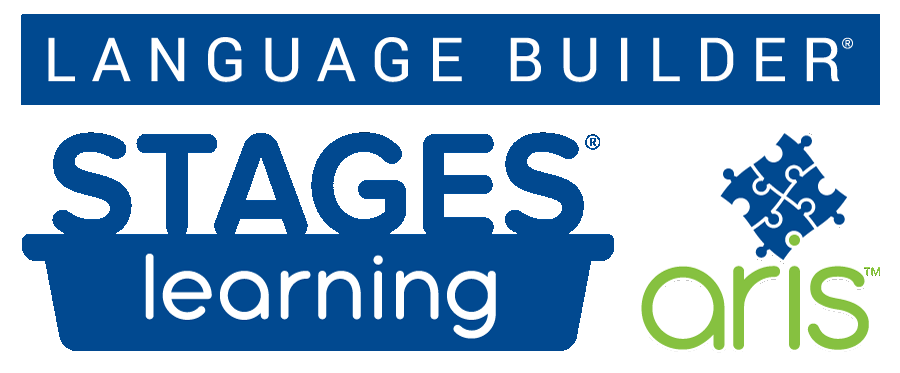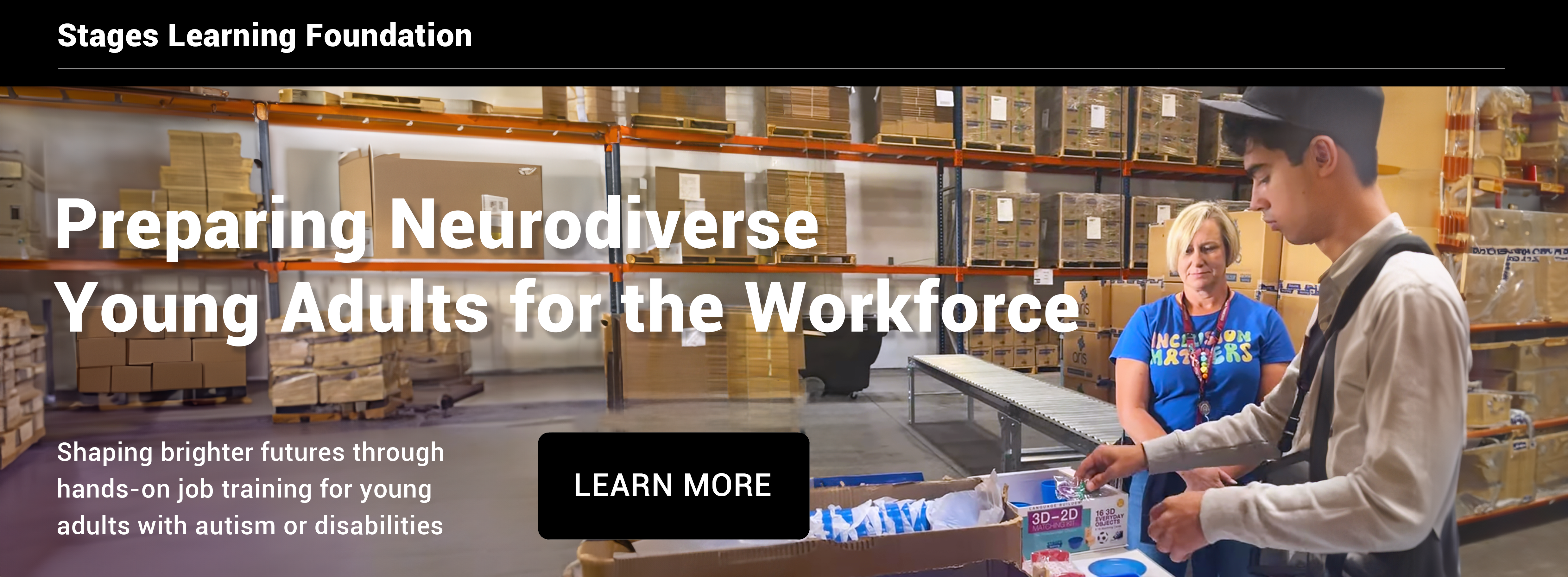
A neurodiverse friend of mine who works at Trader Joe's has found that the support of her co-workers and managers has allowed her to truly thrive in her job as a cashier.
One of the most important accommodations that were made for all cashiers at Trader Joe's was to know that if a customer became irate and started yelling at a cashier, a manager would have their back. They all knew that ringing the bell for the manager meant they could walk away and the manager would step in to troubleshoot the problem. This alone created an atmosphere of mutual support and appreciation and created a workplace where all employees understood that they were valued and respected. It also meant that employees who sometimes struggled with social cues would be given help when a social situation got tricky.
A recent post on reddit.com affirmed my friend’s experience at Trader Joe's:
I know several others at my store, myself included, who are neurodivergent/had learning issues growing up. When talking during lunch/breaks we all have our own interesting stories of growing up too which is cool... nothing quite like bonding over trauma, lmao. At least from my experience, TJ's is a workplace where I finally feel like I can thrive. I guess it's the quirky vibes TJ's gives off rather than the cold/corporate feel of normal grocery stores.
At a time when many grocery stores are struggling to hire employees, Trader Joe's has a great reputation as an employer that supports neurodiverse people. Ultimately, they benefit the most by being able to fill open positions more quickly than some other grocery stores.
As we continue to learn to recognize that we live in a diverse society and we all need to be accepting of different and diverse ways of thinking and doing things, it is crucial for our workplaces to reflect the diversity we see around us. In addition, autistic employees provide many benefits to workplaces and are exceptionally well-suited for certain types of work.
In creating a workplace for autistic employees to thrive, many employers find that all their employees benefit from new policies or accommodations that might have originally been focused on autistic employees' needs. For example, providing written and visual instructions – in addition to verbal instructions – about how to perform work can benefit all staff members. Similarly, setting up a small quiet room for employees to take a break is not just something beneficial to neurodiverse employees.

Here Are Five Strategies That Can Help Your Autistic Employees Thrive
1. Understand the benefits of hiring autistic employees
Autistic employees, like any employees, are different from each other in many ways. However, autistic employees:
- Are often more honest and non-judgemental
- Are more likely to pay attention to detail
- Have a strong ability to focus and concentrate
- Think in innovative ways
- Have exceptional capacity to memorize facts
- Possess strong pattern recognition skills
- Are often more reliable and dependent
2. Understand what autism is and is not - and educate your work team
Autism is not viewed as a disability. It is viewed as a different ability. Autism is a neurological condition that results in different ways of interacting and communicating with the world. Autism is on a spectrum and each individual has strengths and weaknesses.
Some commonalities for many autistic individuals are:
- repetitive behaviors
- unusual reactions to strong sensory experiences such as noise, bright lights, strong smells
- a preference for routines and less tolerance for change
- different ways of communicating with other people

3. Play to autistic strengths and provide support where needed
- Many autistic people prefer written communication and instructions.
- Autistic people tend to take things literally, so be clear in your expectations.
- Anxiety, as for anyone, can impact an autistic person’s ability to perform well, so sometimes the first few days of work might not accurately represent the work an employee is capable of doing.
- It helps when giving feedback to focus on work activities and goals and avoid personalizing an issue.
- Be welcoming, as you would for any employee, and recognize that some communication styles autistic people use may seem off-putting and just take getting used to.
- Consider hiring a coach or providing an autistic employee additional support with a mentor.
- Make reasonable workplace adaptations.
4. Create an onboarding process that includes the following:
- Ask the autistic person what types of reasonable adjustments they might need to complete their work successfully. Leave the door open to revisit these adjustments over time.
- Remember that the onboarding process can be overwhelming for anyone, and for autistic people who tend to prefer routines it can be especially challenging.
- Minimize how much new information you introduce on the first day, provide it in writing, and be clear and concise.
- Only plan to disclose an autistic person’s specific needs, differences, or diagnosis in the workplace with that person’s consent.
- Encourage the new employee to customize the workplace to the degree possible to minimize sensory input and create an environment where they can do their best work.
- Provide a quiet place for employees to take a break.

5. Use the following strategies as needed:
- Give visual instructions along with written instructions
- Prepare checklists or diagrams to make processes easier to follow
- Minimize distractions
- Use checklists to simplify multi-step processes
- Provide time to transition from one task to the next
- Figure out what is working and what is not working. Some employees may do great with customer-facing roles, others may excel in work that does not involve much social interaction.
Finally, when setting up your workplace to help neurodiverse employees thrive, remember to draw on the resources available online that discuss best practices, such as Hire Autism developed by the non-profit Organization for Autism Research.






